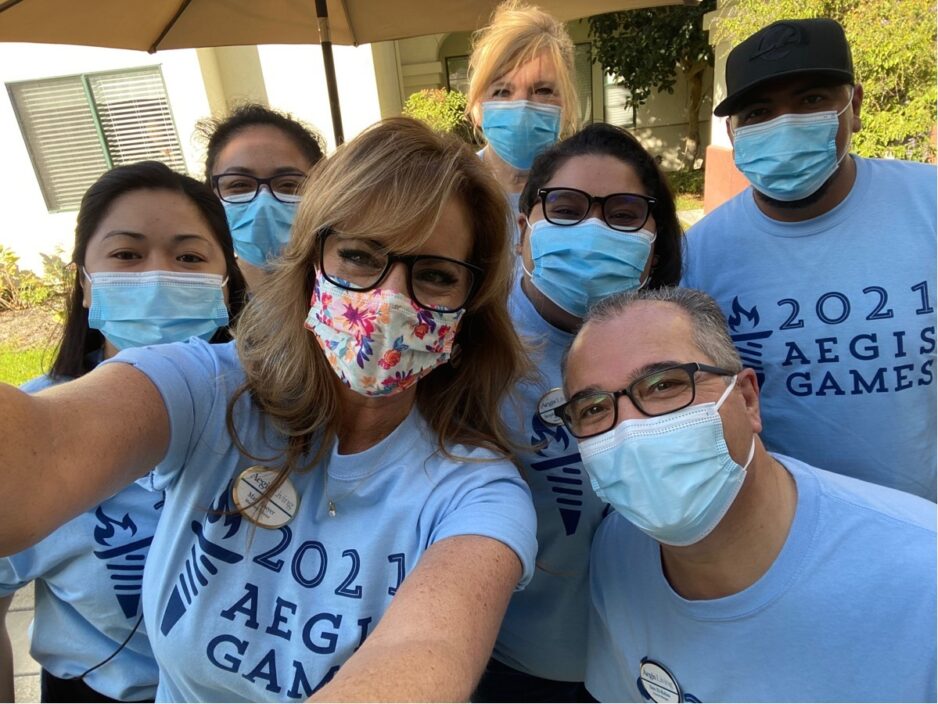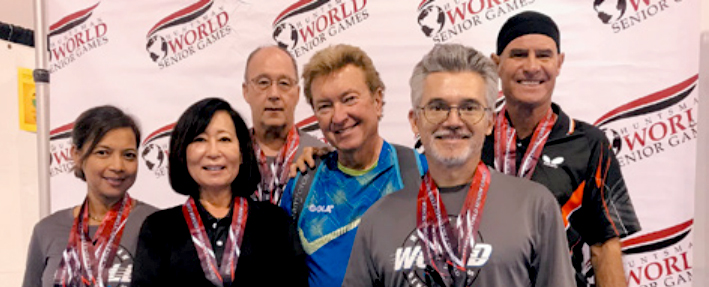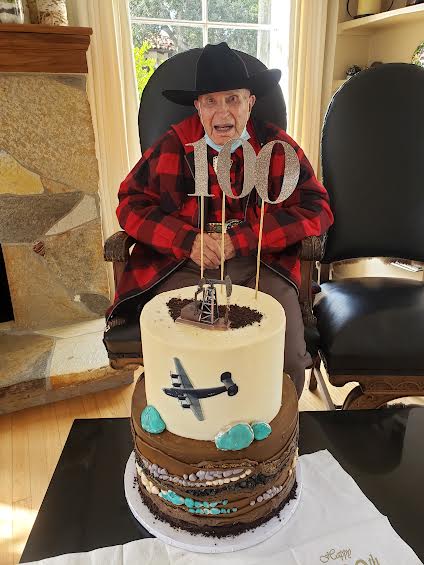by Richard Bitner
After a certain age, some level of decline should be expected year after year. In our forties and fifties, this decline is incremental. It happens slowly, and while it can affect our physical and mental performance, most of us are still able to live our lives comfortably. But in our sixties and beyond, decline begins to speed up. Eventually, seniors reach a point of functional decline. This is the point where elderly care is required for seniors to live comfortably and safely.
Unfortunately, it can be hard to spot functional decline. While decline accelerates in seniors, it still happens gradually enough that functional decline can go unnoticed. As a result, seniors who require elderly care in some form — either from family caregivers, in-home elderly care professionals, or facility living — end up without the support they need. How to Notice Signs of Functional Decline in Seniors
To determine whether or not your loved one may need elderly care or another senior service, you need to know the signs of functional decline. Keep in mind that functional decline relates to physical and cognitive function, so you need to be aware of the signs of decline for both.
People sometimes miss signs of decline because they don’t know what to look for. But more often, people miss them because they aren’t really looking. Decline happens gradually enough that family members fail to recognize the point where elderly care may be necessary. To help prevent this from happening, family members should be making a conscious effort to monitor their elderly loved ones and track changes in their functional abilities.
One strategy is to take stock of the things your loved one has difficulty with over the course of a typical week or month. You can do this mentally, or you might consider taking private notes. This will allow you to compare how your loved one is functioning now compared to the past. Gradual changes become much more stark if you can compare how well they’re doing now to six months or a year ago.
You may also wish to have conversations with family members. Sometimes, individual family members each notice different signs of decline, but nobody notices all of them. Conversations with your loved one will also give you a better sense of the areas where they feel they’re having the most trouble. These conversations can also give insight into signs of decline that occur in private.
Should you determine that your loved one is suffering from functional decline, you may wish to explore elderly care options. If you are considering in-home elderly care, we invite you to contact your local Visiting Angels. Th care coordinators at our local offices will be happy to provide guidance about coping with decline, speak with you about your care options, and schedule your loved one for a free, in-home elderly care assessment. How to Notice Signs of Functional Decline in Seniors





